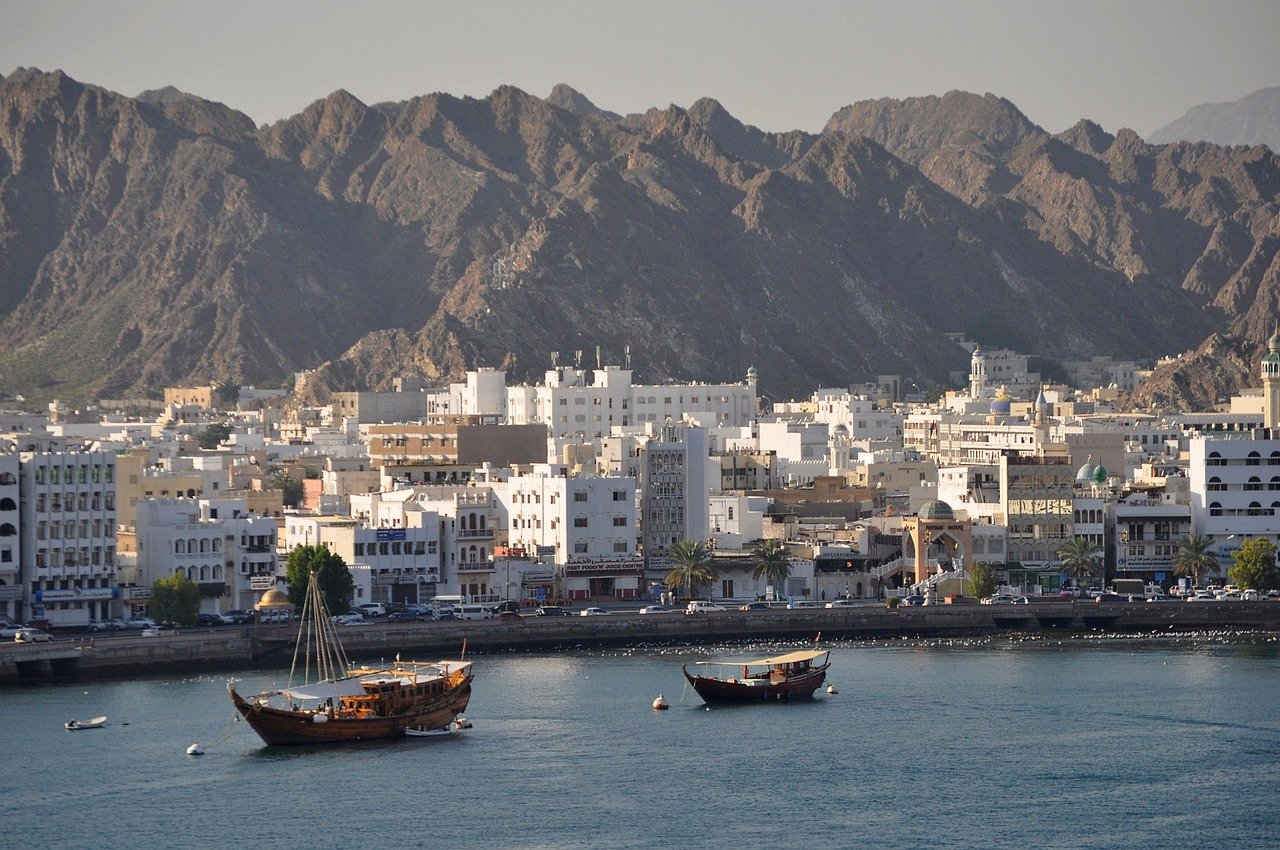
STCW 2010 requirements & analysis
he STCW 2010 Requirements & Analysis course at Global Horizon provides an in-depth understanding of the 2010 Manila Amendments to the STCW Convention, which have been in full effect since January 2017. This course links STCW requirements with MLC 2006, ISM, and ISPS codes, offering participants a thorough overview of certification procedures and compliance measures.
Objectives
- Understand the key updates and amendments in STCW 2010.
- Identify the relationship between STCW, ISM, ISPS, and MLC 2006.
- Comprehend the certification requirements for competency and proficiency.
- Recognize obligatory crew certifications and attestations.
- Implement best practices for crew selection and safe manning.
- Navigate Port State inspections and compliance procedures.
Who Should Attend?
- Crew Managers & Operations Managers
- Designated Persons Ashore (DPA)
- Crew Department Assistants
- Training and recruitment officers
- Personnel responsible for manning and maritime compliance
Course Outline
Day 1: Overview of STCW 2010
- Structure and general provisions of STCW.
- STCW 95 vs. STCW 2010: Key differences.
- Certification and documentary requirements.
- Ranks, limitations, and competency certificates.
Day 2: STCW Certification & Compliance
- Certification process and special proficiency certificates.
- Safe manning requirements.
- Implementation and compliance strategies.
Day 3: STCW and its Integration with ISM & MLC 2006
- Relation between STCW, ISM, and MLC 2006.
- Detailed breakdown of MLC 2006 requirements.
- Overlapping regulations: MLC, ISM, and STCW.
Day 4: Responsibilities & Regulations
- Responsibilities of companies and flag states.
- Key maritime legislation and compliance measures.
- Seafarers’ minimum rest hours and “Manila Exceptions.”
Day 5: PSC & STCW Inspection
- Concentrated Inspection Campaign on STCW Hours of Rest.
- Paris MoU MLC 2006 checklist.
- Final case studies and regulatory compliance assessments

 Download Brochure
Download Brochure